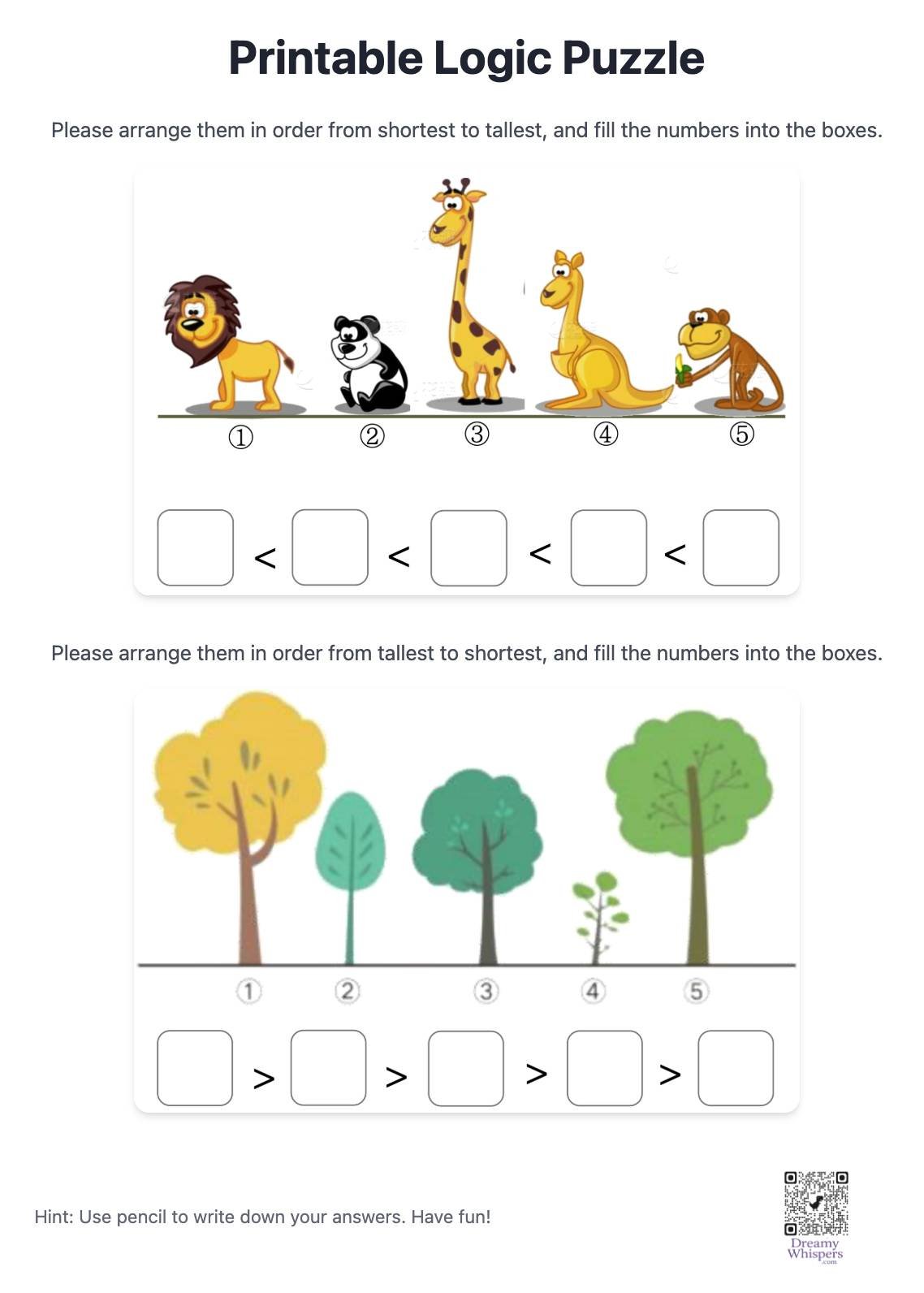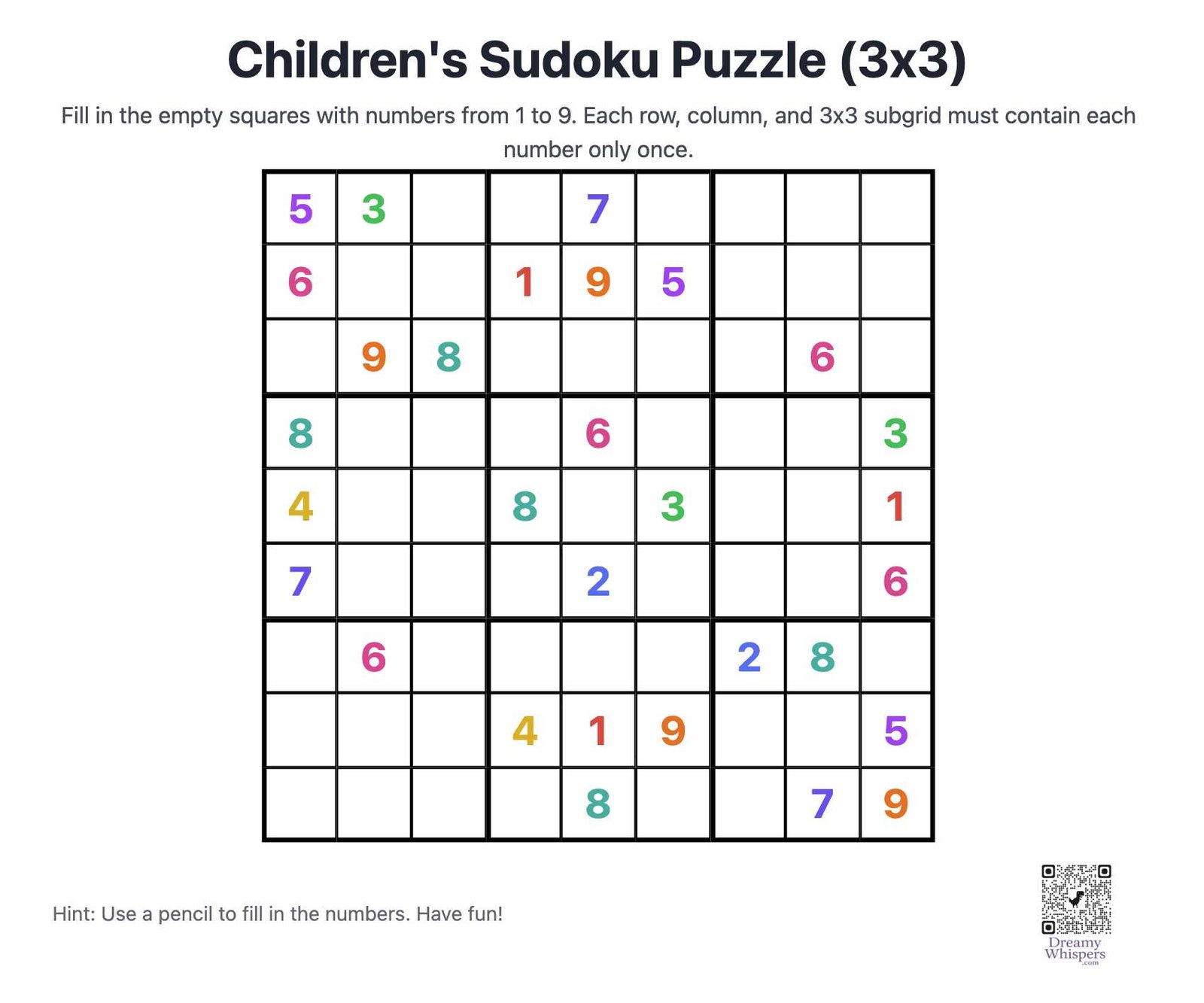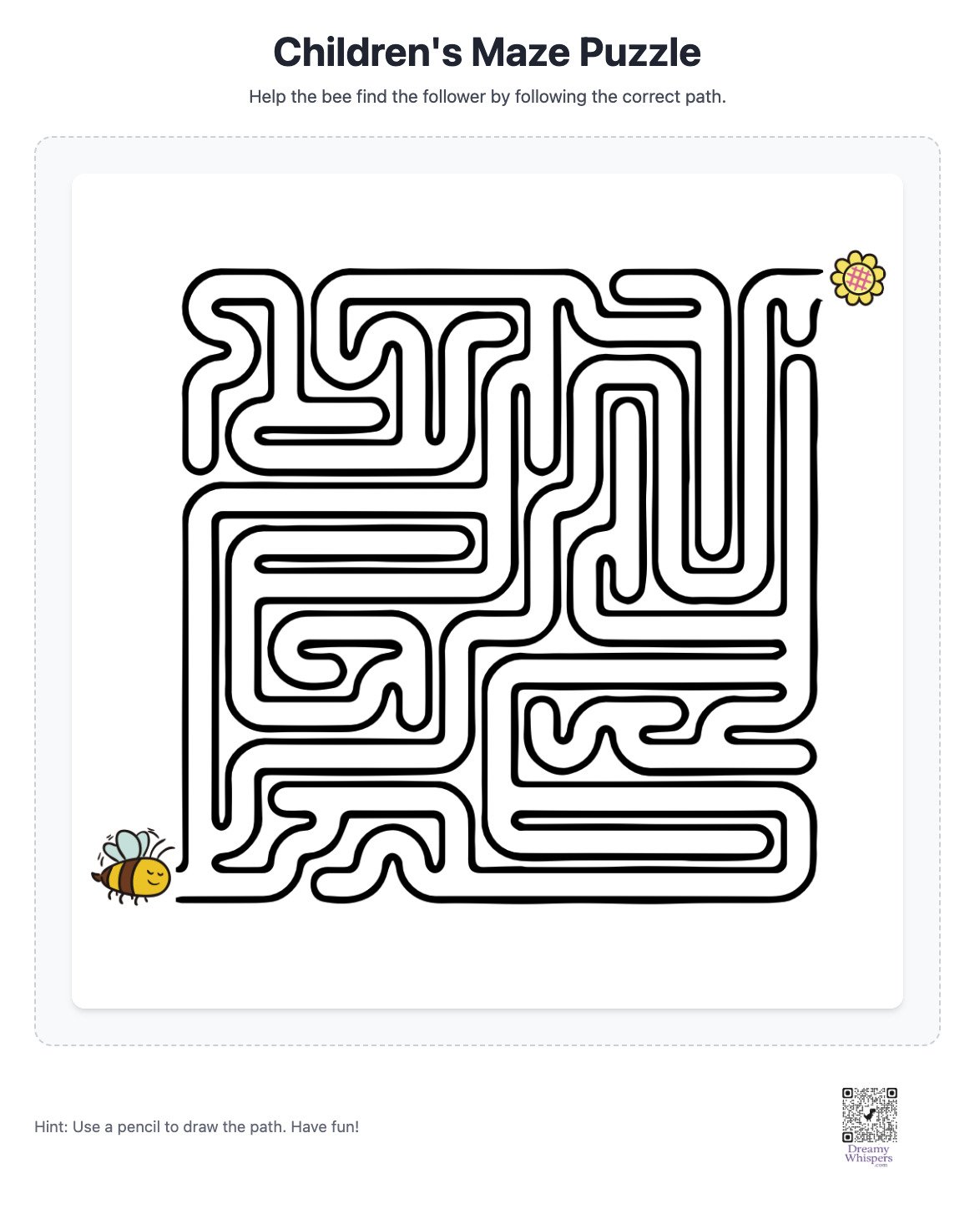What Puzzles Make Preschoolers Smarter? Here Are 10 Brain-Boosters
Looking for screen-free ways to build your child's thinking skills? You're in the right place.
The Short Answer
Simple, hands-on logic puzzles are one of the best ways to build a strong foundation for learning. This guide offers 10 fun, printable, and screen-free activities that boost critical thinking, problem-solving, and concentration in young children.
Why Logic Puzzles are Superfood for the Brain
In a world full of digital distractions, teaching a child how to focus and think critically is more important than ever. Logic puzzles are like a workout for your child's brain. They teach kids to observe, compare, and make connections—the building blocks of all future learning, from math and science to reading and writing.
The best part? They don't require a screen. Printable puzzles offer a tactile experience that helps improve fine motor skills and gives children a rewarding sense of accomplishment when they solve a challenge with their own hands.
10 Fun Puzzles to Get Started
Here are ten simple yet powerful types of logic puzzles you can introduce to your preschooler today.
- Pattern Recognition: What comes next? These puzzles ask kids to identify and continue a sequence.
- Simple Sudoku: Instead of numbers, our kid-friendly Sudoku uses fun pictures like animals or fruits.
- Mazes: Mazes are excellent for developing planning, perseverance, and fine motor skills.
- Spot the Difference: This classic game trains visual discrimination and attention to detail.
- Matching Games: Matching pairs of pictures, shapes, or letters builds memory and classification skills.
- What Doesn't Belong?: Showing a group of items where one is different teaches categorization.
- Connect the Dots: A fun way to practice number and letter sequencing.
- Shadow Matching: Matching an object to its shadow helps children focus on shapes and outlines.
- Size Sequencing: Arranging objects from smallest to biggest teaches comparison.
- Jigsaw Puzzles: A timeless activity that develops spatial awareness and patience.
How to Make Puzzle Time a Success
- Start Easy: Choose puzzles that are challenging but not frustrating to build confidence.
- Make it a Game, Not a Test: The goal is to have fun. Offer gentle hints and celebrate the effort, not just the result.
- Join In!: Solving a puzzle together is a wonderful way to connect with your child and model good problem-solving skills.
Conclusion: Building a Foundation for Life
Logic puzzles are more than just a way to pass the time. They are a powerful tool for building the critical thinking skills your child will need for success in school and in life. By incorporating these fun, screen-free activities into your routine, you are giving your child a gift that will last a lifetime.


